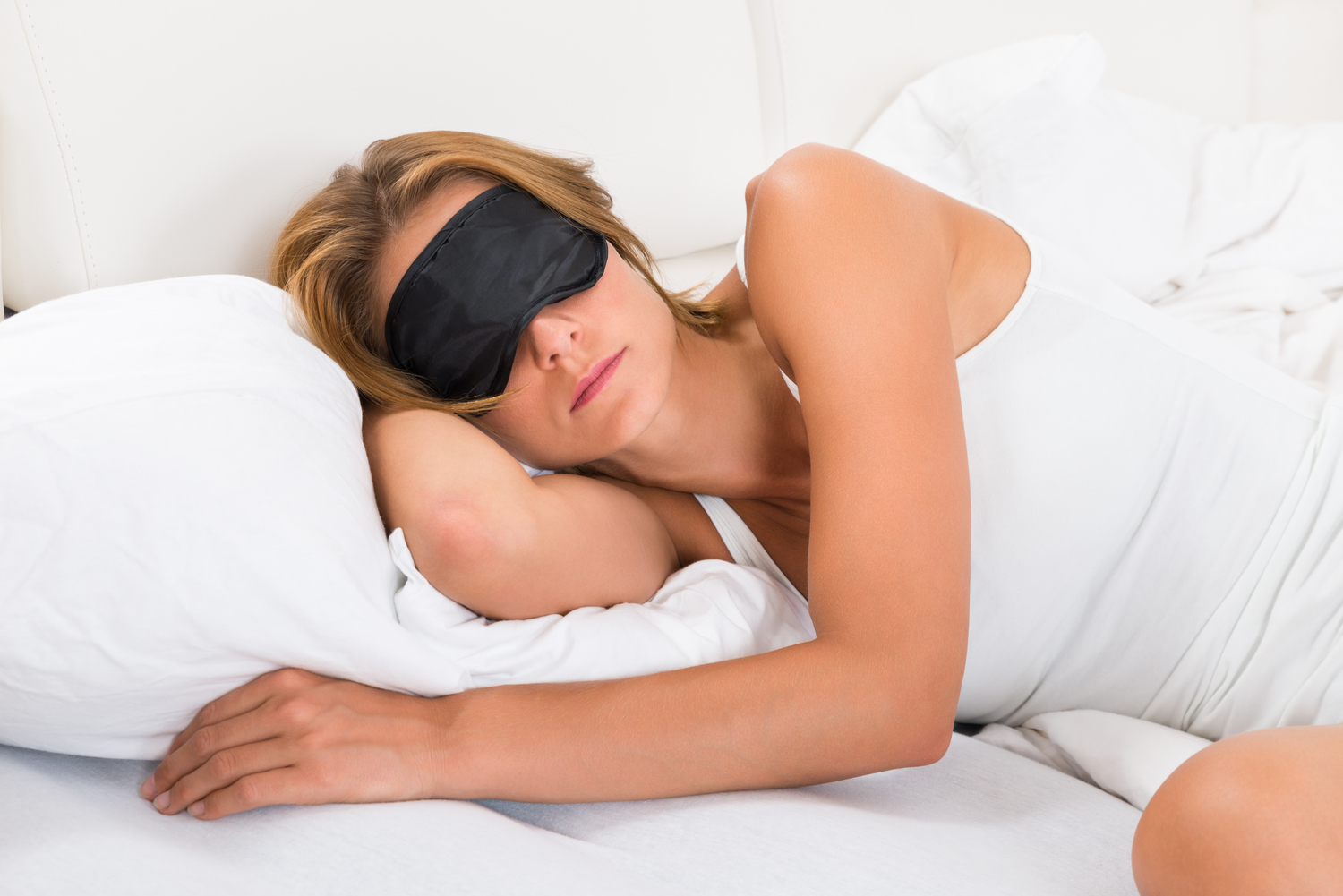
Tips For a Better Sleep
Getting a good night of sleep can be difficult for many people. Often we may find ourselves distracted with stress from events during our busy day. There are some things we can do to help build a better environment so we can get a better night of sleep. Here are six lifestyle tips to help you get a better night of sleep:
1. Magnesium
Those that take magnesium can often experience an easier time falling asleep. Difficulties in sleeping can be a result of a magnesium deficiency. Symptoms often include increased anxiety, poor digestion, and muscle aches. A deficiency may even be the result of a digestive disorder that leads to improper absorption of the magnesium you already consume. Individuals who are deficient can take a magnesium supplement between 300 and 400 milligrams.
2. Replace your mattress
The quality of your mattress may be negatively affecting your ability to sleep. A mattress that no longer supports your body during sleep can increase the likelihood of aches and pains. Upgrading to a new mattress can be an easy solution to get a better night of sleep. You should be replacing your mattress every five to eight years to ensure the best quality of support during sleep. Getting a new mattress for a bad back can result in a better night’s sleep.
3. Use natural sleep aids
One of the most used natural supplements to help induce sleep is Melatonin. The hormone occurs naturally in the body. At times, our bodies do not produce enough of the hormone to support a good night’s sleep. Taking a supplement of Melatonin before bed can be a great aid in helping you fall and stay asleep. Valerian is a natural herb. Throughout history, Valerian has been used to treat insomnia. It is believed to increase the activity of GABA receptors in the brain, resulting in a calming effect.
4. Meditation
Throughout the day we are constantly thinking and stressing about things. Meditation can be a great method to clean one’s mind before bed. Studies have shown that with meditation a lower blood pressure, and heart rate can be achieved. In addition, improved blood circulation and a better feeling of wellness can be a result. All these side-effects of medication can result in a more relaxed and calm mind ready for sleep. Phone apps like Calm can be a great tool for beginners to walk you through the process of Medication.
5. Underlying health conditions
Talk to your doctor about underlying health conditions such as sleep apnea. A common sleep disorder, sleep apnea occurs when there is a delay or pause between breaths. There may be periods of shallow breathing during the night while sleeping. Restless leg syndrome is another condition that can impact your ability to get a good night of sleep. It is the uncontrollable urge to move your legs, usually in the evening or nighttime hours. The urge to move right as you’re trying to sleep is no doubt going to keep you awake. Snoring can also affect your quality of sleep. Your doctor may be able to give you a stop snoring mouthpiece to help you sleep better.
6. Eat foods to support better sleep
Drinking warm milk before bed often soothes, and relaxes the body making it easier to fall asleep. Milk also contains the amino acid tryptophan which helps increase sleepiness. Bananas are another great remedy to help fall asleep. The potassium and magnesium they contain are muscle relaxants. Plus bananas also contain tryptophan, just like milk. Nuts, such as almonds, can also help you sleep because they are a natural source of melatonin, which can help you feel sleepiness, and stay asleep longer.


